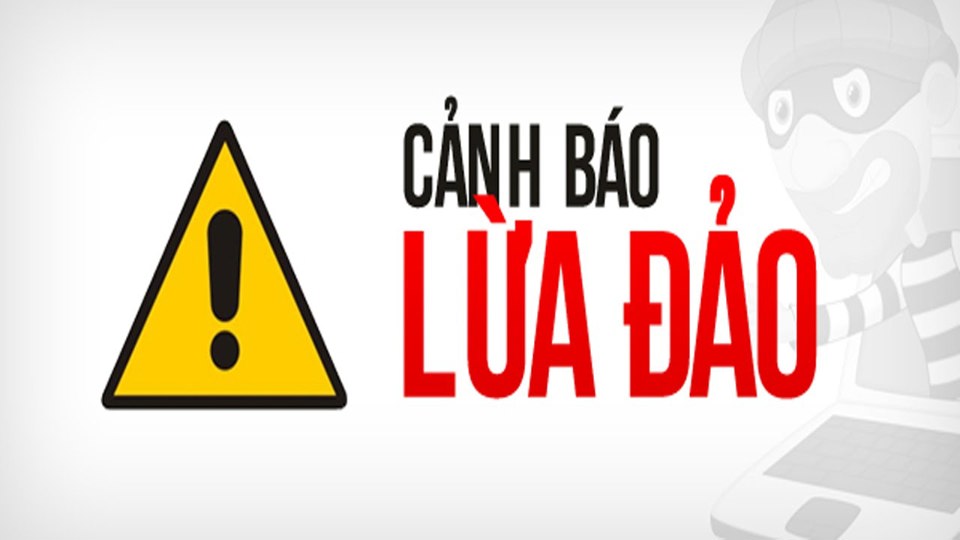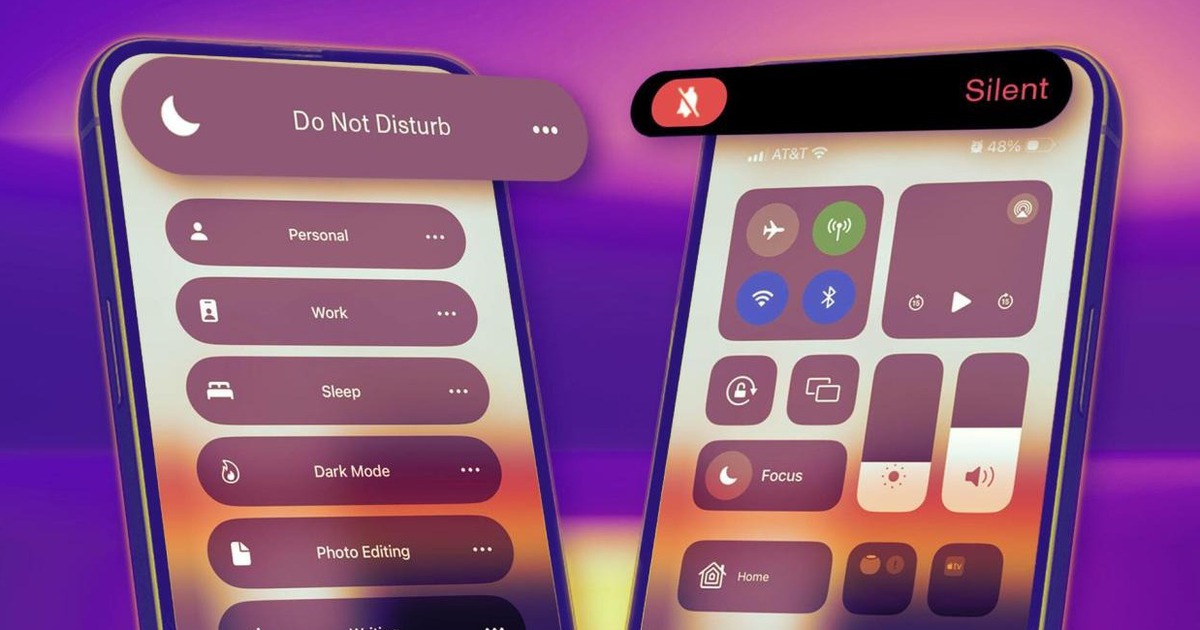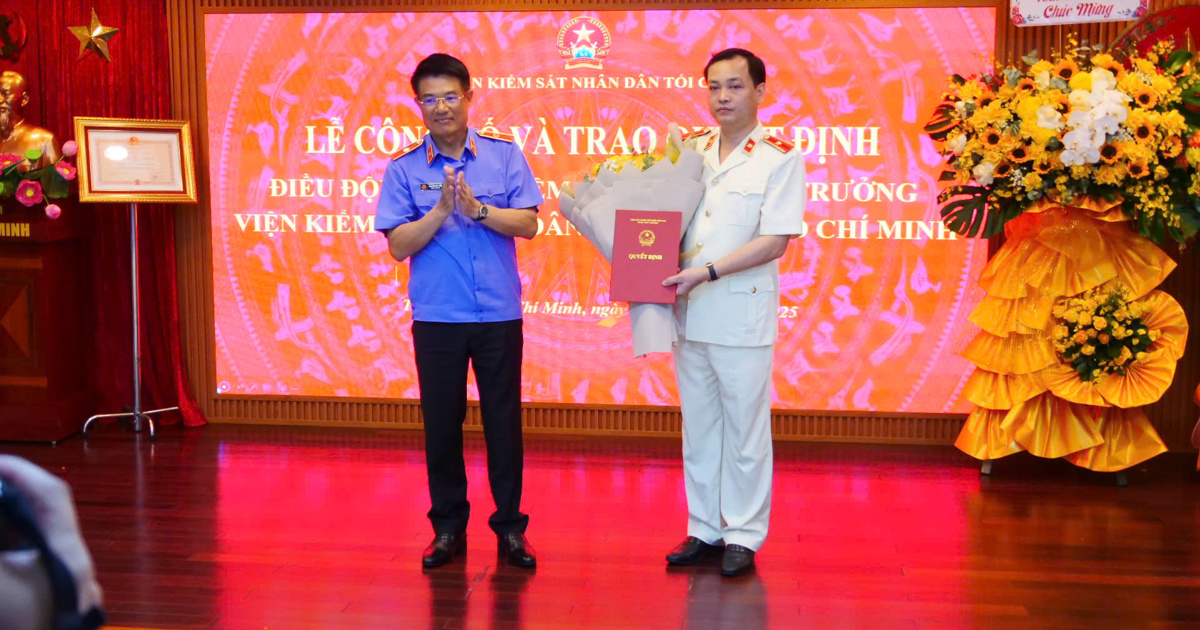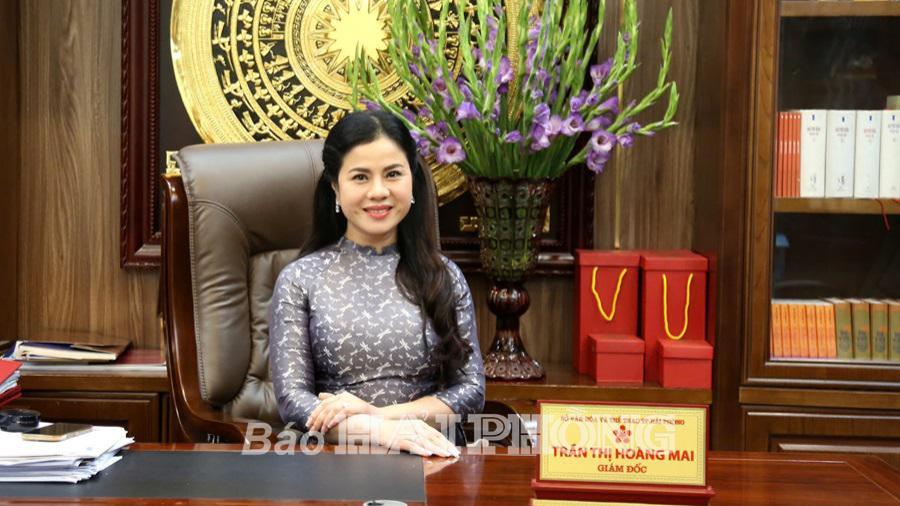- Impersonating the Customs Department to send scam emails
Accordingly, the subjects approached people via email messages with false content to appropriate personal information and property.
Specifically: the email sent by the subjects has the logo of the Customs Department, with the content of the notice that the tax refund request of the people has been approved, requesting access to the attached link to verify information and money transfer transactions.
When accessing the link, people need to enter personal information to proceed with the tax refund procedure. After obtaining the victim's information, the subjects will take advantage of it to commit fraudulent acts.
The Information Security Department recommends that when receiving emails with similar content, individuals and organizations need to verify the information, absolutely do not follow instructions, do not access strange links, and do not provide personal information.

- Impersonating the National Cyber Security Center to commit fraud
Accordingly, the subject sent a fake email message to the victim with the content: one of their online accounts had fraudulent activities and threatened that they would face fraud charges if they did not respond promptly.
To respond to the information, the victim needs to access the link attached to the message to verify the information. After accessing, the victim is redirected to a fake website. Here, the victim must provide personal information and banking information to prove that there is no fraudulent activity. From there, the subjects take advantage of the victim's personal information to use for fraudulent purposes.
The Information Security Department recommends that people verify information through reputable channels; do not access strange links or download strange applications; absolutely do not provide personal information or transfer money to subjects whose identities have not been verified.
- Warning about impersonating Shopee employees to scam
Accordingly, the subject impersonated a Shopee customer service employee and called to inform the victim that the goods insurance fee had not been paid. The call was then forwarded to another subject claiming to be a bank employee.
During that process, the subject said that the victim was suspected of being involved in money laundering and asked to go to the Monetary Management Agency to verify the incident. After that, the call was redirected to another subject claiming to be an officer of the Monetary Management Agency, instructing the victim to transfer money to verify and serve the investigation.
The Information Security Department recommends that people do not follow the instructions of strangers, do not provide personal information or transfer money to unknown individuals.
When detecting signs of fraud, it is necessary to immediately report to the authorities for timely handling.
Source: https://kinhtedothi.vn/canh-bao-gia-mao-trung-tam-an-ninh-mang-cuc-hai-quan-de-lua-dao.html


























































Comment (0)